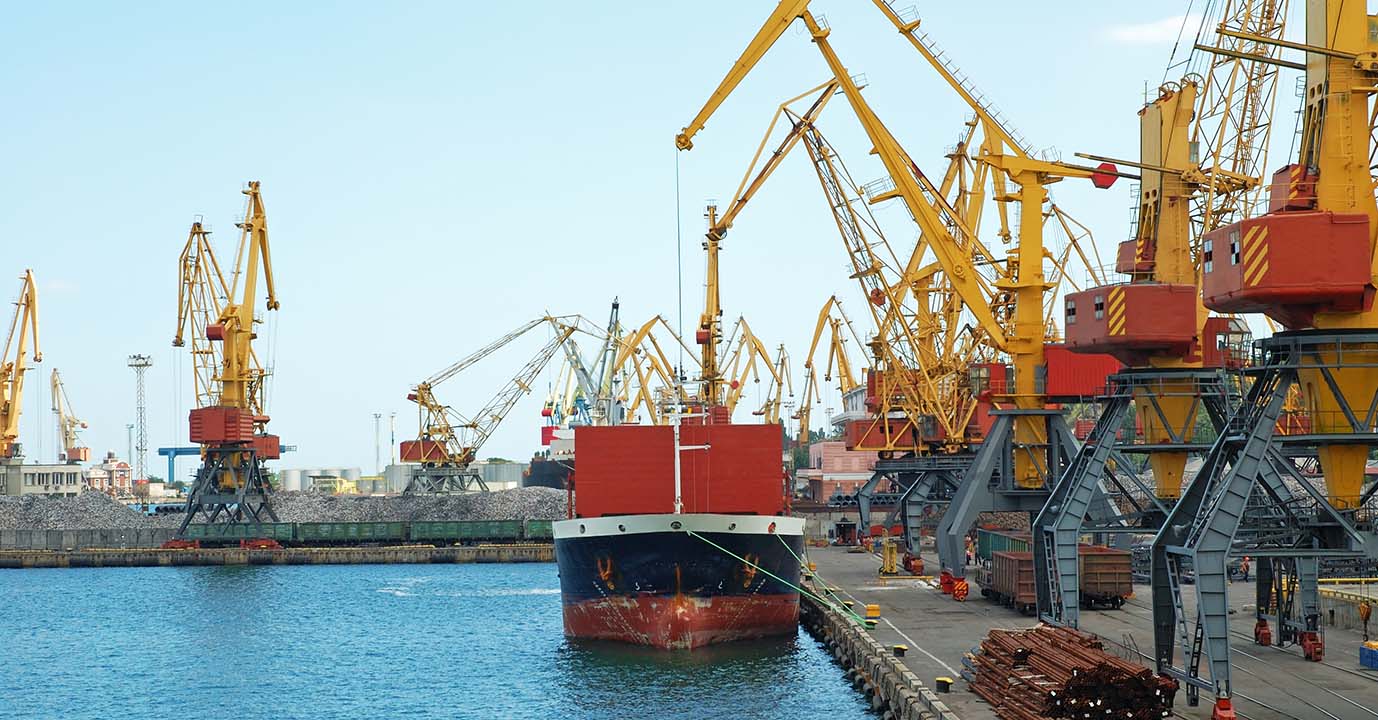Covid-19: Force Majeure and Excessive Onerosity (hardship) in the international arena

The concepts of Force Majeure and Excessive Onerosity or hardship in international law and their applicability in the times of covid-19
The nationality of the Law has been an obstacle to the development of the market since the invention of sovereign states. For this reason, since the end of the 19th century, commercial and legal operators have sought to equip themselves with a uniform international trade law that would allow them to overcome national borders, all sponsored by the continuous improvement of means of transport and the development of systems. communication and new technologies.
This debate has acquired great relevance in recent times in the face of the global health crisis created by the COVID-19 virus, which, in a massive and widespread way, has made compliance impossible or extremely difficult. in their own terms of the obligations assumed in international operations, which has led legal operators to review the concepts of force majeure and excessive onerousness in their application to international trade by asking themselves:
Can the pandemic caused by COVID-19 be considered an event of force majeure or, where appropriate, excessive onerousness that enables the application of the rebus sic stantibus?
In a more or less generalized way, legal operators are inclined to think that the crisis caused by COVID-19 can indeed be considered a case of force majeure if all concur the necessary elements for this or, secondarily, it could be classified as a situation of excessive burden that would allow the application of the clause rebus sic stantibius if, for the specific case, not all the requirements are met to understand that we are facing a case of force majeure.

However, in order to determine whether, in a specific case of international contracting where one of the parties cannot comply with the obligations assumed as a result of the crisis caused by the COVID-19 19, we are facing a case of force majeure or excessive onerousness, we find ourselves with the difficulty that, to date, there is no rule in international law that regulates the concept of force majeure in general Therefore, in all those contracts where the parties have not included specific force majeure or excessive onerous clauses or, more commonly, standard clauses such as those offered by the International Chamber of Commerce (which has a new version updated in March 2020 in abbreviated and extended format), it will be necessary to resort to the norms of international law that currently exist.
Thus, and without being exhaustive, the following list of conventions, international treaties and principles of international trade can be noted that could be used to interpret if we are faced with an event of force majeure or excessive burden:
1º.- With regard to international treaties and conventions, art. 79 of the Vienna Convention on the International Sale of Goods (CISG), which specifically regulates the concept of force majeure, although its applicability is not absolute as it has a very limited object and subjective scope (purchase and sale of goods between parties that belong to countries that have signed the agreement) and, in addition, be available as long as the parties can agree to their exclusion in the contract, also not being applicable to cases of excessive onerosity or hardship as the jurisprudence has consistently understood.
2nd.- Likewise, within international treaties and conventions we find a generalized regulation of the concept of force majeure in conventions on freight transport such as the CMR Convention for the International Carriage of Goods by Road (1956), CIM Convention for the International Carriage of Goods by Rail (1980), The Hague-Visby Rules on international maritime transport of goods (1924) or the Montreal Convention on international air transport (1985), although they cannot be used as generally applicable law since they only contemplate the concept of force majeure as an instrument of exoneration of responsibility of the carrier.
3rd.- We would also have and within the so-called Principles of International Trade the UNIDROIT Principles on International Commercial Contracts (1995) that do regulate both force majeure and excessive onerousness in its articles 7.1.7 and 6.2.1, 6.2.2 and 6.2.3, respectively, although we must not forget that they are only principles.
4º.- We also have the Uniform Rules and Practices, for example, the rules of the International Chamber of Commerce that contemplate a definition of force greater but that equally cannot be considered applicable general law as they have a scope of applicability limited to banks and insurance companies and have a restrictive interpretation.
Finally, and as a last resort, reference could be made to the national rights of the contracting parties, but this option does not definitively solve the problem either given that, In the first place, it will be necessary to analyze whether the applicable national laws are framed within civil law or common law systems, which will determine diametrically opposed results in one case and another since although in the civil law countries a definition of force majeure is usually found in their respective codes, the same is not the case with the concept of excessive onerosity or hardship, which does not usually come regulated; while in common law countries there is no code to refer to, so that if the concept of force majeure or excessive burden is not included in the contract, it would not be applicable to the parts.
From all of the above, we could conclude that although the crisis caused by COVID-19 may be considered force majeure or excessive onerousness in international contracts, it must be to the specific case to determine its applicability, scope and effects, all conditioned always and in any case to the specific clauses of the contract that binds the parties in conflict.
It may interest you:”Solutions for companies that cannot meet their contractual commitments”
María Olivares Sánchez
Lawyer member of the Commercial Law Department
05/14/2020






